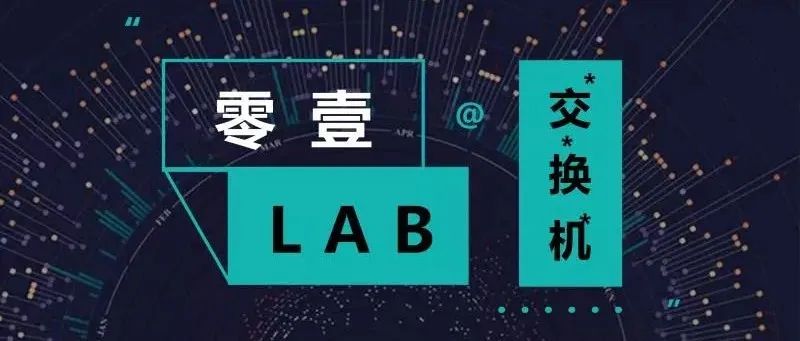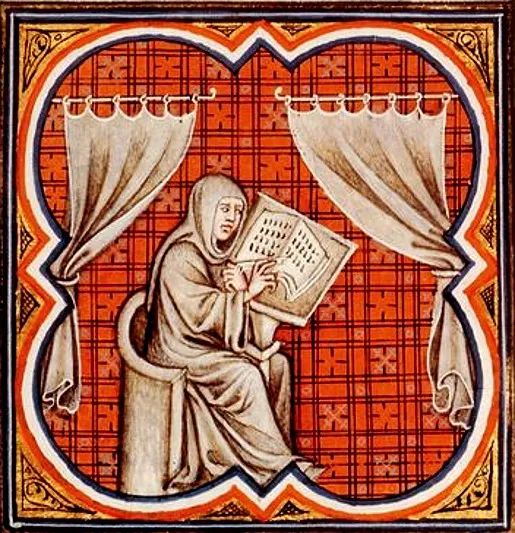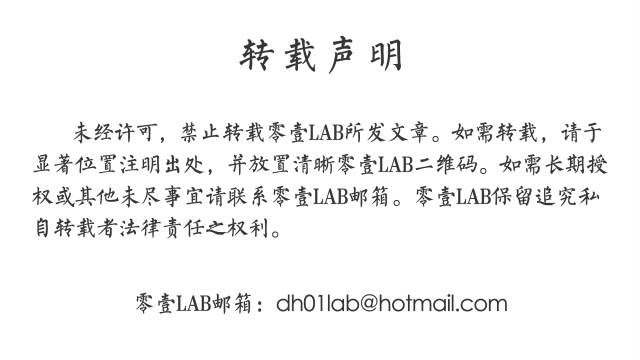
虽然DH2022的主会议审稿已完成,DH2022仍有工作坊 (workshop) 在征稿中,研究和开发传记人物数据的朋友不要错过——

传记和传记数据是历史研究的宝贵资源,它们为我们提供了成千上万的历史人物的基本信息:从一个民族的文化英雄,到成千上万在艺术、政治、人文或自然科学等领域有影响力的其他重要却不为人知的人物。他们的历史生活轨迹可为有形遗产提供重要背景,这些遗产由历史人物创造、拥有或影响,或是描绘、意指他们。个体传记事件可以进一步聚合为(历史的)更大语境的复合材料:团体(如行会、家族史)、机构(如艺术学校、大学、宗教团体、政治运动、公司)和区域实体(从城市到整个国家)。
传记的计算分析开辟了新的、有趣的研究方向。个人具有可以被识别并用于信息检索和数据分析的共同特征,如出生日期、职业、社会网络和地点。数字人文学科的工具和方法既可用于此类数据的定量分析,也可为更多定性研究问题提供线索。
2022年7月25日,在线工作坊。
与DH2022会议联合举办。
工作坊征稿主题参见下文”Workshop Topics”部分。
详情请参阅文末“阅读原文”的工作坊链接。
Call for Papers
Biographical and prosopographical data are invaluable sources for historical research as they provide us with essential information on thousands of historical figures: from the cultural heroes of a nation to the many thousands of other significant, yet lesser-known figures who were influential in domains such as the arts, politics, humanities, or natural sciences. Their historical life paths can provide crucial context for tangible heritage objects, which have been created, owned, or influenced by historical actors, or which depict or refer to them. The events of individual biographies can further be aggregated into (histories of) larger contextual composites: groups (e.g. guilds, family histories), institutions (e.g. art schools, universities, religious orders, political movements, companies) and regional entities (from cities to whole countries).
Computational analysis of biographies has opened up new and interesting research directions. Individuals share common characteristics that can be identified and used for information retrieval and data analysis, such as date of birth, occupation, social networks and places. Tools and approaches from the digital humanities can be used for both quantitative analyses of such data and for providing leads for more qualitative research questions.
July 25, 2022, online.
Held in conjunction with the Digital Humanities 2022 conference.
Workshop Topics
Topics of interest include, but are not limited to:
-
Digitizing and structuring biographical data
-
Standards, vocabularies and best practices for processing biographical data
-
Biographies and Linked Data
-
Crowdsourcing biographical data
-
Automatic biography generation
-
Using biographical and prosopographical data for quantitative analyses
-
Canonization of people and events in history
-
Use of big data for biographical research
-
Dealing with biographical data in heterogeneous datasets
-
Creating and maintaining biographical dictionaries
-
Enriching biographies from external sources
-
Reconciling persons between biographical dictionaries
-
Reconciling names against a biographical dictionary
-
Visualizing biographical and prosopographical data
-
Network analysis of biographical data
-
Biographies and spatial analysis
-
Biographies across countries and cultures
Submissions
We solicit submissions for the workshop as abstracts (500-1000 words). The submissions will be peer-reviewed, and the accepted submissions will be presented at the workshop (online).
https://seco.cs.aalto.fi/events/2022/2022-07-25-bd/
A separate call for full papers based on the abstracts will be issued after the event.
Important Dates
May 20: Deadline for submissions
May 30: Notification of acceptance
July 25: The workshop takes place
Organizing Committee
Mikko Koho, Aalto University
Antske Fokkens, VU University
Amsterdam and Eindhoven University of Technology
Eveline Wandl-Vogt, exploration space (at) Austrian Academy of Sciences, Ars Electronica Research Institute knowledge for humanity
Eero Hyvönen, Helsinki Centre for Digital Humanities (HELDIG) and Aalto University
Richard Hadden, Austrian Academy of Sciences
Angel Daza, Vrije Universiteit Amsterdam
Program Committee
Paul Arthur, Edith Cowan University
Angel Daza, Vrije Universiteit Amsterdam
Thierry Declerck, German Research Center for Artificial Intelligence (DFKI)
Antske Fokkens, VU University Amsterdam and Eindhoven University of Technology
Richard Hadden, Austrian Academy of Sciences
Eero Hyvönen, Aalto University and University of Helsinki (HELDIG), chair
Mikko Koho, Aalto University
Petri Leskinen, University of Helsinki
Rennie Mapp, University of Virginia
Johannes Scholz, Graz University of Technology
Lik Hang Tsui, City University of Hong Kong
Eveline Wandl-Vogt, exploration space (at) Austrian Academy of Sciences, Ars Electronica Research Institute knowledge for humanity
Hongsu Wang, Harvard University
David Joseph Wrisley, New York University Abu Dhabi and Princeton University

主编 / 徐力恒、陈静
责编 / 赵宇
美编 / 赵宇
原文始发于微信公众号(零壹Lab):交换机 | 数字世界中的传记数据工作坊(BD2022)开放征稿!